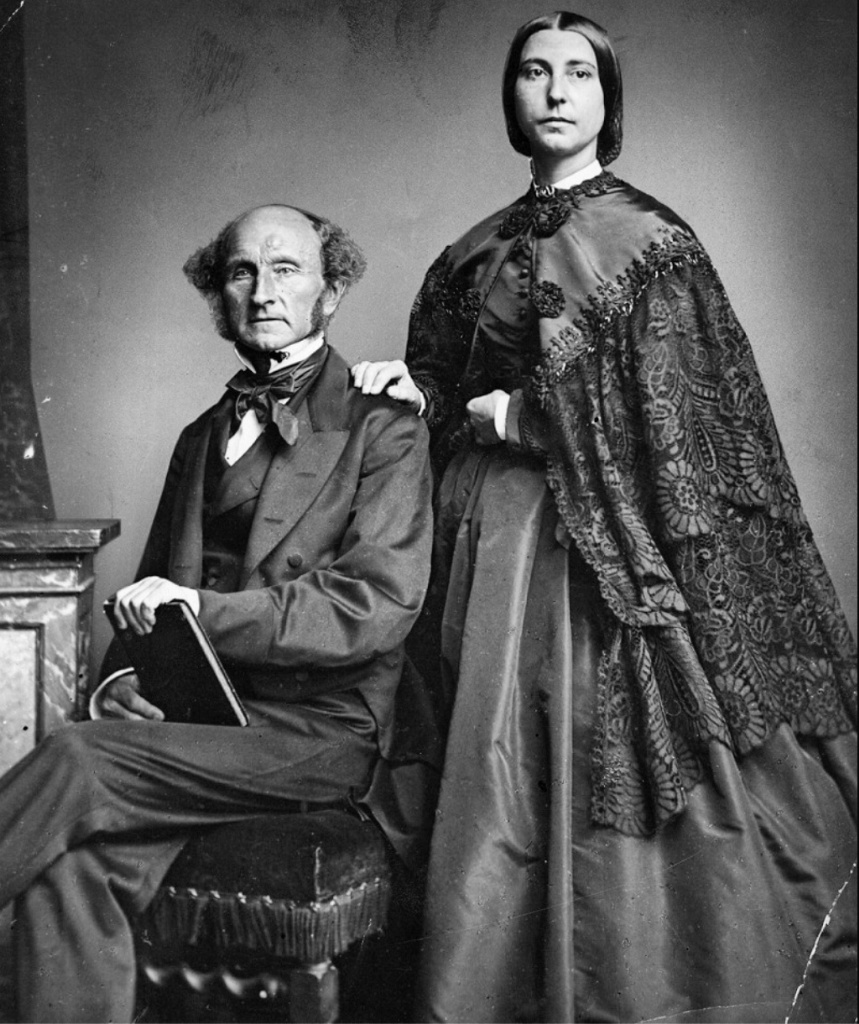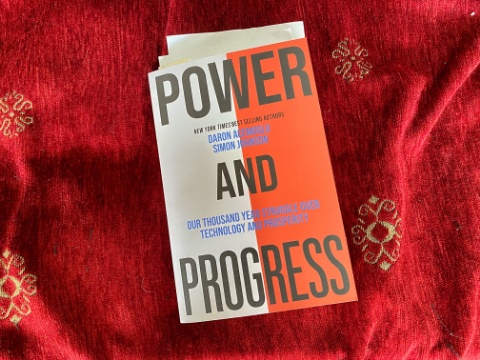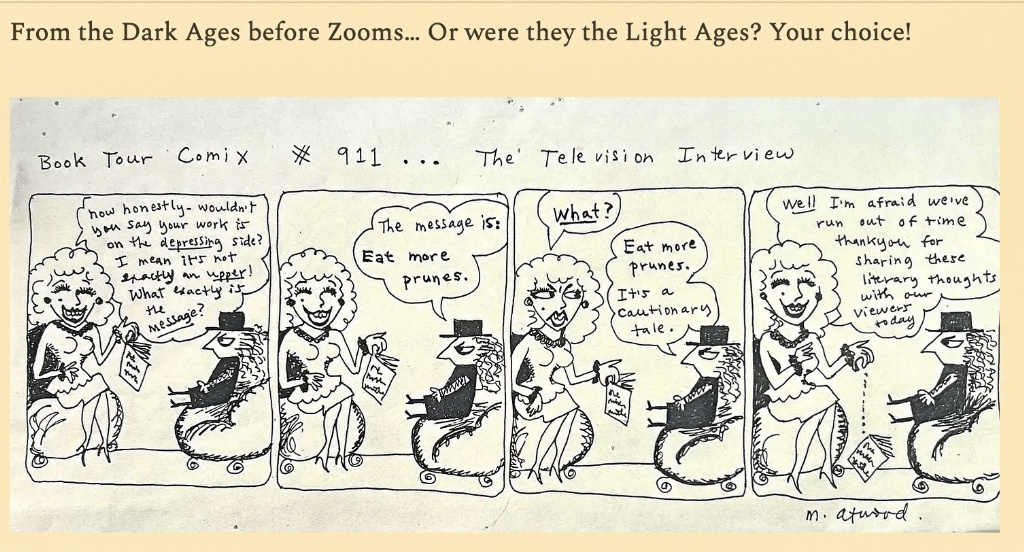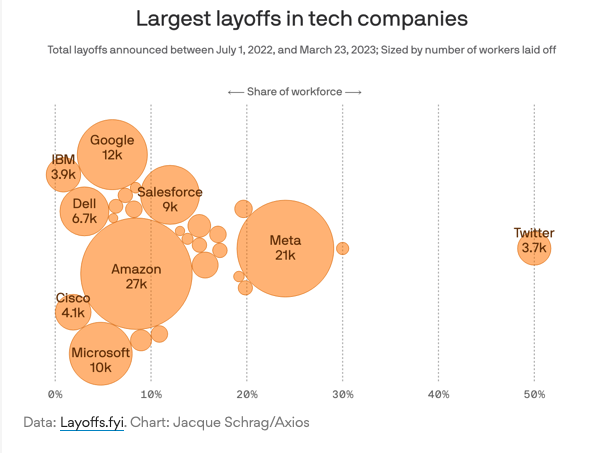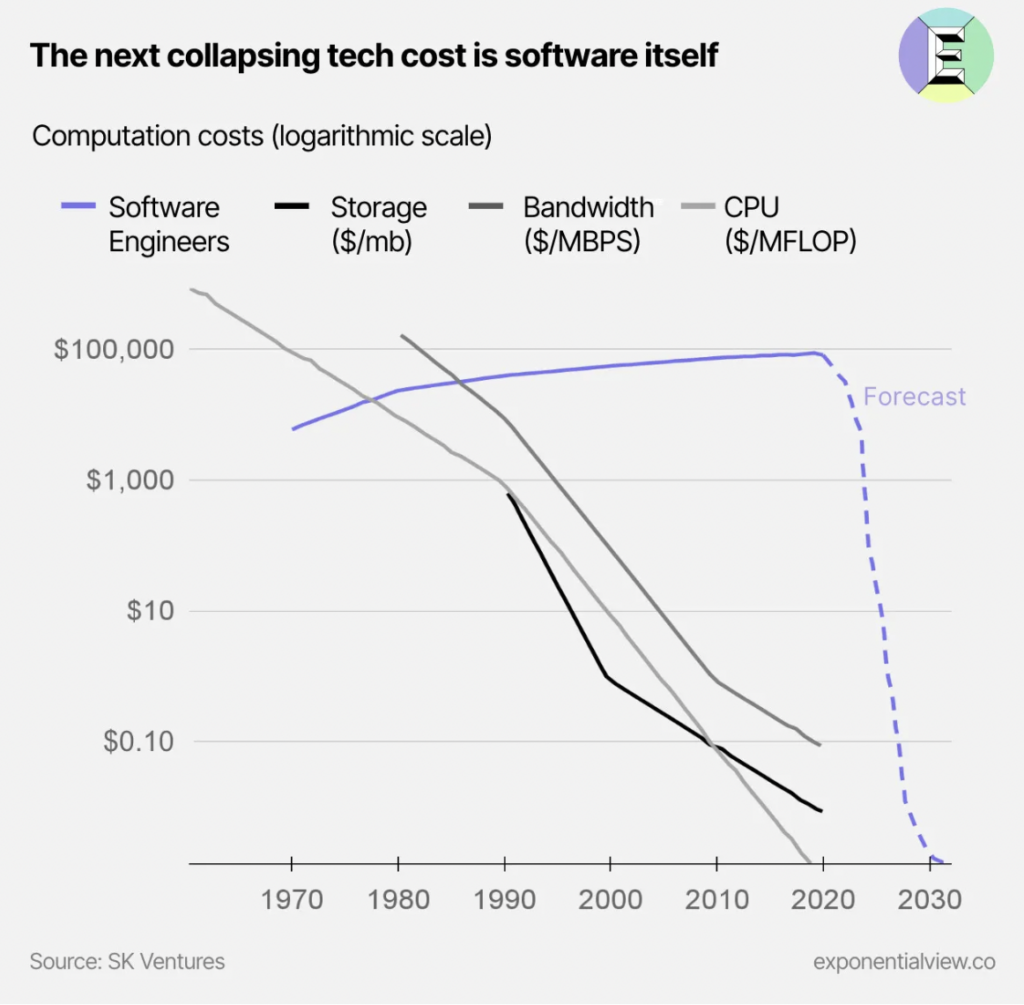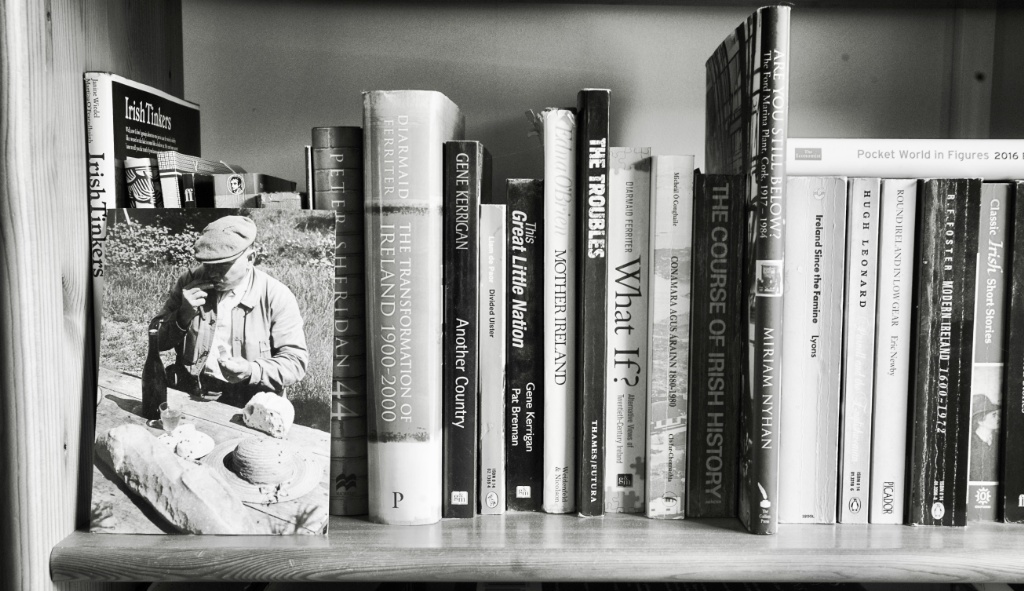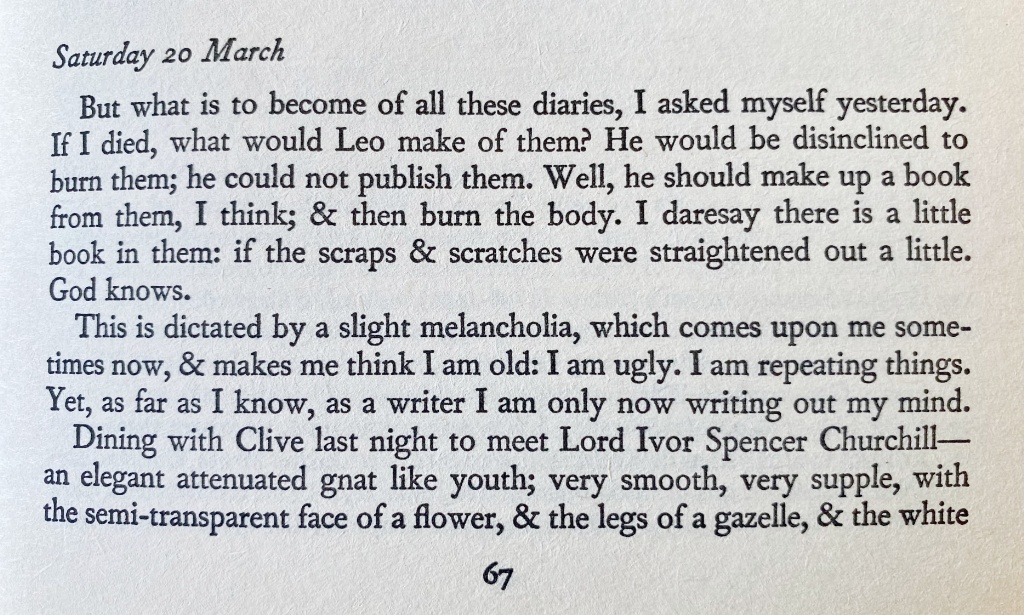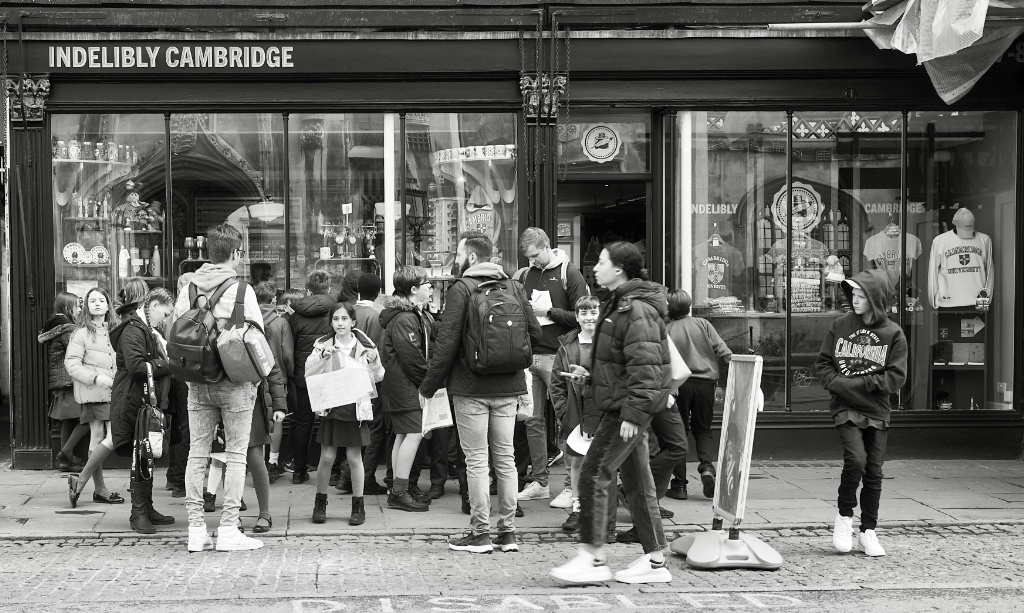Where to?

North Norfolk, last week.
Quote of the Day
”“Show me the incentive and I will show you the outcome.”
Musical alternative to the morning’s radio news
Paolo Nutini | Through The Echoes
Link
Long Read of the Day
Biden comes ‘home’
Joe Biden, who is very attached to his Irish ‘roots’, is in Ireland at the moment. He’s even visiting the town where I was born and, I think, giving a speech — or is it a sermon — in the cathedral there.
The Irish Times columnist Fintan O’Toole had a perceptive piece in the paper yesterday (behind a paywall, alas) about this. The nub of his argument is that Biden’s “seamless merging” of his sense of Irishness with his Catholic faith rather puts him at odds with how contemporary Irish people — especially young people — now see themselves.
Biden’s sense of Irishness is very real and profoundly felt. But it is rooted in soil that is now increasingly thin on the ground in Ireland itself: a complete fusion of Irish and Catholic identities.
It makes a slightly uncomfortable kind of sense that Biden will preach on Friday from the altar of St Muredach’s Cathedral in Ballina. He chose to be Irish because he identifies so profoundly with Catholicism.
In her memoir, Biden’s sister Valerie wrote that when they were growing up in Wilmington, Delaware, “In Catholic neighborhoods, the parish in which you lived was everything; you identified yourself by name first, parish second.”
The strange thing, writes O’Toole, is that,
in Irish-America, this parochial Catholic world can be recalled with a simple, uncomplicated fondness that is almost impossible now in Ireland itself. Valerie can write that “There was such a strong sense of community, of instant belonging. The kids’ values were shaped by parents inside the home, reinforced by the nuns at school, and watched over by the looming church spire when they played outside.”
This nostalgia is possible, I suppose, because words like “reinforced”, “watched” and “looming” do not, in the context of American Catholic suburbia, bring to mind Magdalene Laundries and Mother and Baby Homes and parish priests burning novels and teachers being sacked for writing them.
Biden’s visit comes 60 years after the epochal visit of his political hero, JFK, and is, in that sense, “a case of history repeating itself, the first time as a dream of the Irish future, the second as echo of an Irish past”.
JFK embodied, in all his impossible glamour, an idea of what Ireland then aspired to be: modern, sophisticated and confident. Biden now embodies an idea of what Ireland used to be — a place in which “Irish” and “Catholic” was a match made in heaven (and from which there could be no divorce).
I well remember that visit by JFK, a few months before his assassination, and once wrote up my recollections of it for the Observer. This is how it went:
Remembering JFK
I saw Jack Kennedy once, in the flesh, at close range. It was during his visit to Ireland in 1963 and my father — who had been responsible for some of the arrangements — had wangled a good viewing position for me. For a brief period, long enough for every detail of the scene to be etched onto the memory of an impressionable schoolboy, the President stood about 15 feet away from me.
Over the years, it has become de rigeur for members of the chattering classes to distance themselves from the Kennedy phenomenon, to attribute their past infatuation with Camelot-on-the-Potomac to the naiveté of their youth. The piles of revisionist scholarship and muck-raking journalism encourage us to disown the hopes once aroused by Jack Kennedy’s presidency. Like rejected lovers, we come to resent the extent of our original passion, and to be embarrassed by anniversaries and other reminders of it. ‘I remember,’ says the chap in a smart contemporary cartoon, ‘exactly what I was doing when I was first asked if I could remember exactly what I was doing when President Kennedy was shot.’
But I cannot erase the impression that Kennedy made on me that mild Irish day. I had never before seen anyone like him. He was tanned, lithe, alert. He seemed unbelievably glamorous. He had a marvellous smile which first flickered, then exploded into life. He looked both relaxed and wary as he listened to the rambling tributes of local dignatories. When he came to speak, the phrases cutting through the Boston drawl were those of a man who understood the emotive power of words and knew an elegant sentence when he read one.
To my eyes he seemed the embodiment of impossible dreams – that political leaders should be young and vibrant; that firmness could be combined with compassion; that there was a place for literacy in the councils of government; that perhaps power did not always corrupt.
Naive? Sure. I was dazzled by what Henry Kissinger later described as the aphrodisiac effect of power. But it’s what I felt on the day. And it’s why I found Who Shot President Kennedy? (BBC2) so distressing. What bothered me was not the conjectures about the Warren Report rehearsed by Walter Cronkite but seeing the movie footage of the life, which had so touched me as a boy, being snuffed out by an explosive cauliflower of blood and brain tissue. That and the black-and-white photographs from the autopsy showing that even on the slab Kennedy retained something of his taut dignity.
To balance this picture of JFK in death, BBC2 screened two remarkable documentaries showing him in life. One dealt with his victory over Hubert Humphrey in the Wisconsin primary; the other covered the confrontation between his Administration and Governor George Wallace over the registration of two black students in the University of Alabama. In their time, both were path-breaking films because they pioneered the verite techniques which we now take for granted, and because they took film (and therefore television) into areas of public life where it had previously feared to tread.
In their different ways, the two films showed the two sides of Kennedy – the ruthless machine politician and the dignified president. The Wisconsin film showed Jack and Bobby pressing the Catholic flesh, and Bobby collecting dollar bills like a vacuum-cleaner. The Alabana film focussed on the brothers’ search for a strategy to outface Wallace without going over the top. It closed with the speech Jack made to the nation on the subject.
‘We are confronted,’ he said, ‘primarily with a moral issue. It is as old as the scriptures and as clear as the American constitution. It is whether all Americans are to be afforded equal rights and equal opportunities; whether we are going to treat our fellow-Americans as we want to be treated. If an American because his skin is dark cannot enjoy the full and free life which all of us want, then who among us would be content to have the colour of skin changed and stand in his place? … This nation, for all its hopes, and all its boasts, will not be fully free until all its citizens are free.’
It’s easy now to dismiss this as mere rhetoric. After all, Kennedy didn’t compose it – like all presidents, he had teams of speech-writers. Why is it, then, that his are the only presidential speeches that most of us can remember or quote? It is partly because he employed classy writers. But it is mainly because the man himself had class.
Once, he gave a White House dinner for all the American Nobel laureates then living. At coffee, one of the guests said to him: ‘Mr President, there must be more intelligence gathered under this roof tonight than every before’. ‘Yeah,’ replied Kennedy, ‘except when Thomas Jefferson dined alone.’ It is when you put this remark against the collective wit and wisdom of Johnson, Nixon, Ford, Carter and Reagan that you begin to get the measure of what was lost on that grim November day in Dallas.
My commonplace booklet
The Ultimate Reading List
It’s here.
Autodidacts of the World Unite!
You have nothing to lose but your brains.
This Blog is also available as a daily email. If you think that might suit you better, why not subscribe? One email a day, Monday through Friday, delivered to your inbox. It’s free, and you can always unsubscribe if you conclude your inbox is full enough already!



